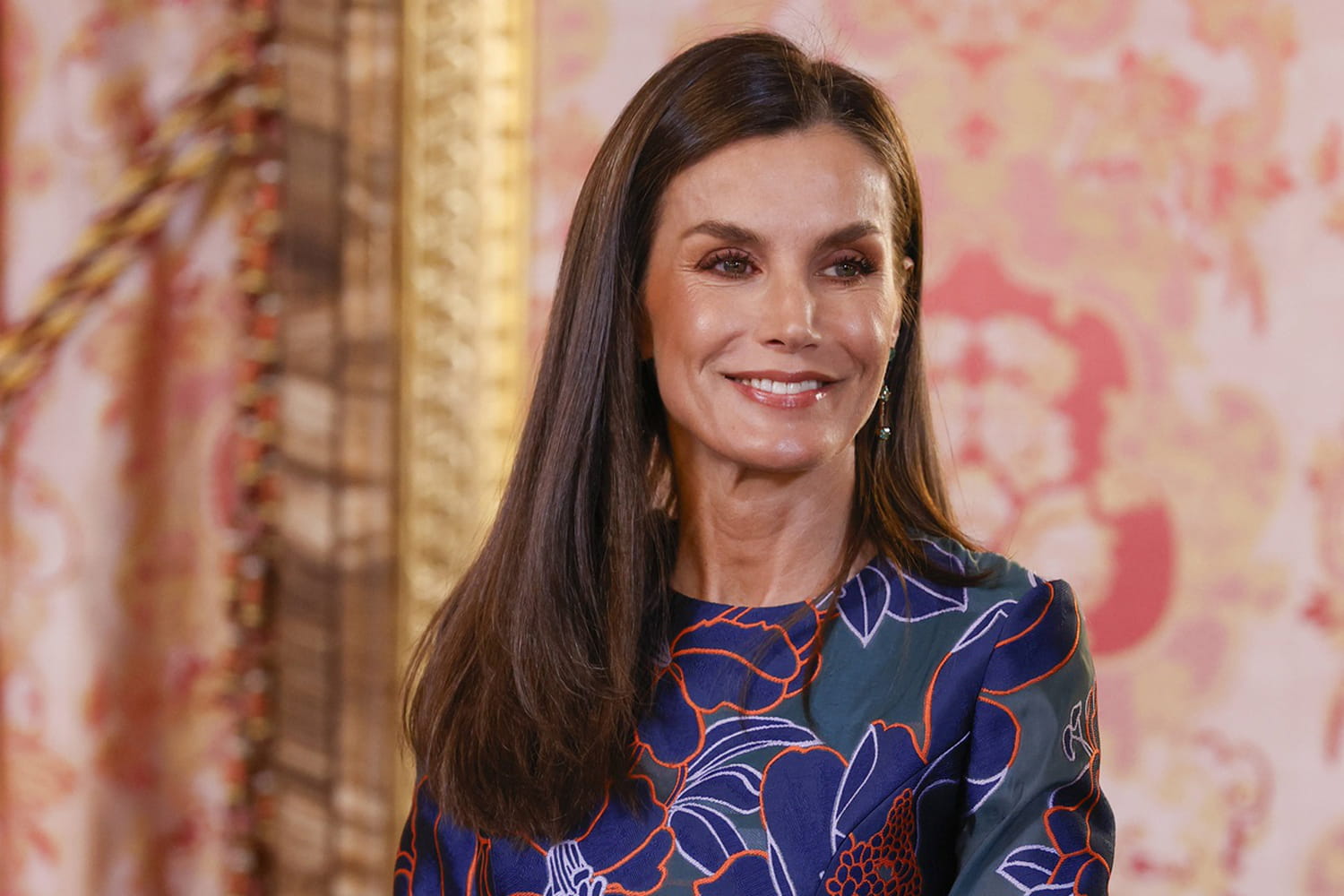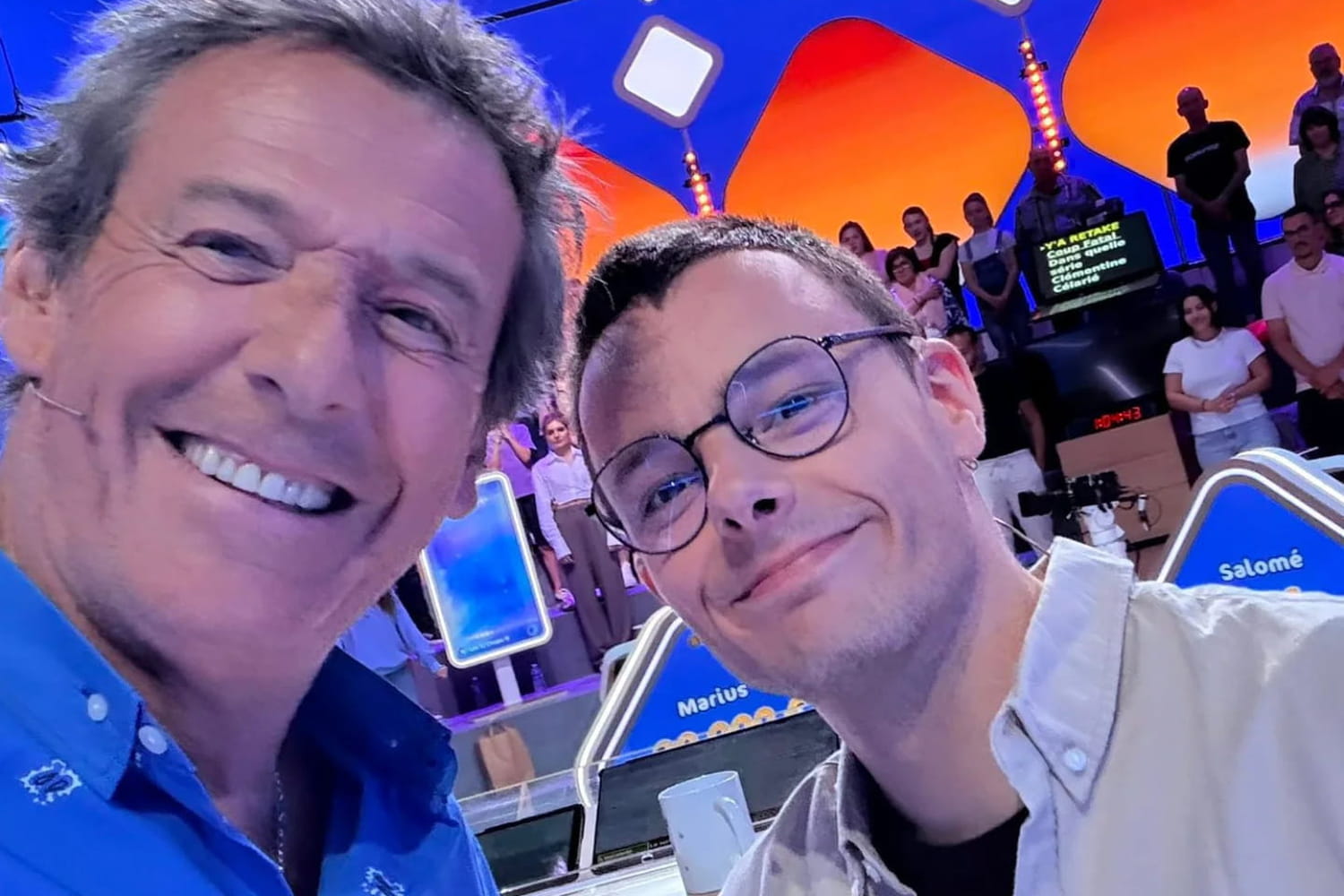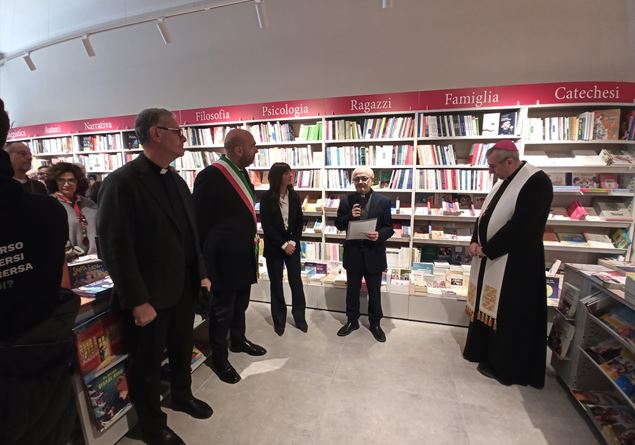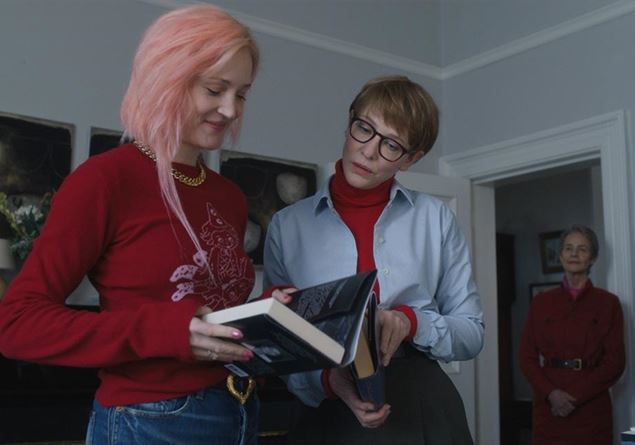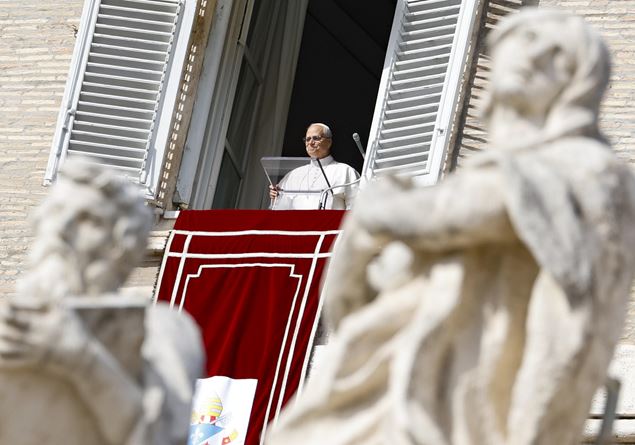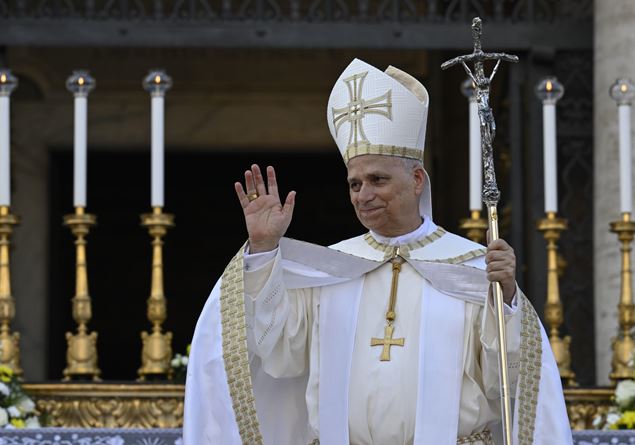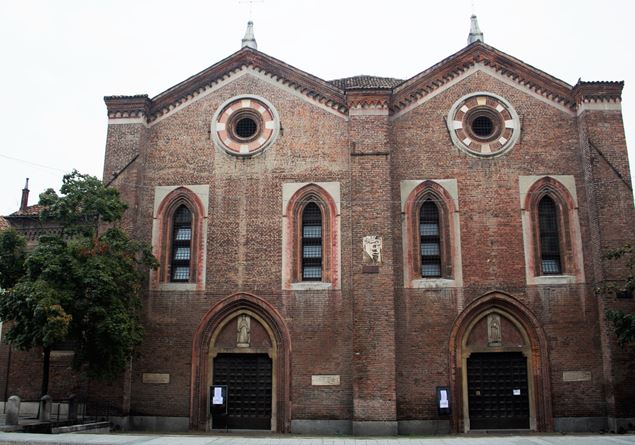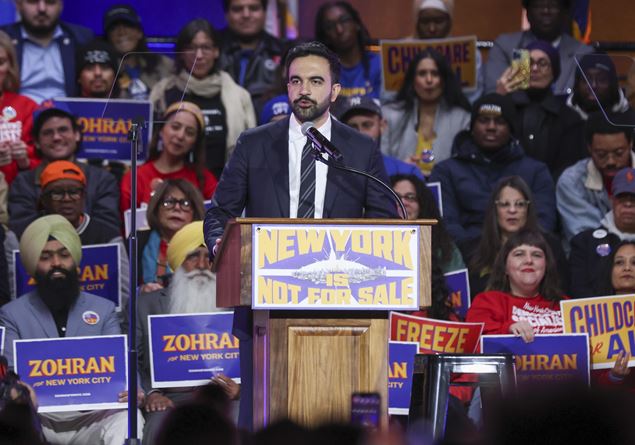A somewhat cheating father, a mother who made the emotional distance the grammar of affections, finally two very close brothers, for which to say goodbye to the parents and “moving forward” is an almost impossible proof. These are the protagonists, the “centers of gravity”, of Father Mother Sister BrotherJim Jarmusch’s film awarded the Golden Lion at 82/A International Film Festival in Venice.
The film – interpreted, among others, from Tom Waits, Adam Driver, Charlotte Rampling, Cate Blanchett – It is built on three stories that explore the relationships between parents and children, telling of an almost sidereal distance between the generations: both in the episode of the father and in that of the mother, the children come to make a visit (a short visit) after a time that seems inconceivable, after years that are not seen in person. There have been no obvious breaks, in these families. Only, everyone took his own way and became foreign.
Jarmusch then brings us to these family interiors, reorganized salons and plates set artfully, and forces us to “stay” in an atmosphere made of embarrassed silences, of truths never revealed, of small selfishness and emotional blackmail.
Jim Jarmusch with the golden lion conquered for the film Father Mother Sister Brother at the 82nd Venice Film Festival
A look at the detail that, in some way, rises on a universal effort: that of communication between parents and children, of being able to drop the mask of mutual expectations, of being able to say “I love you” even when you have been disappointed or believed that you are not up to par. But there is not only unhappiness, in these episodes, on the contrary: there is a lot of irony, and there is the poetry of some clues that report a common story, that they have grown according to similar tastes (parents and children are surprised to wear the same colors). And then, there is the final episode of the brothers who, in the absence of the parents – suddenly missed by an accident – and moving in an empty apartment, now sold, they recall a time of childhood grace, getting lost in drawings and toys that speak of love received, And of a mother and father re-scope through the now relentless distance of death. To say goodbye to the time of childhood, to a cellar full of furniture and objects, then becomes an almost insurmountable but necessary task, to become really adults.
There is substantial absence of action but a lot of poetry, in this film. A perspective that looks to families (happy or unhappy in their own way, Tolstoy teaches us) with lucidity and irony, putting ourselves in the face of the risk of existential void. Which is always around the corner. But perhaps, it is precisely from the families that you have to start to fight it.
Benedetta Verrini (International Family Studies Center)
